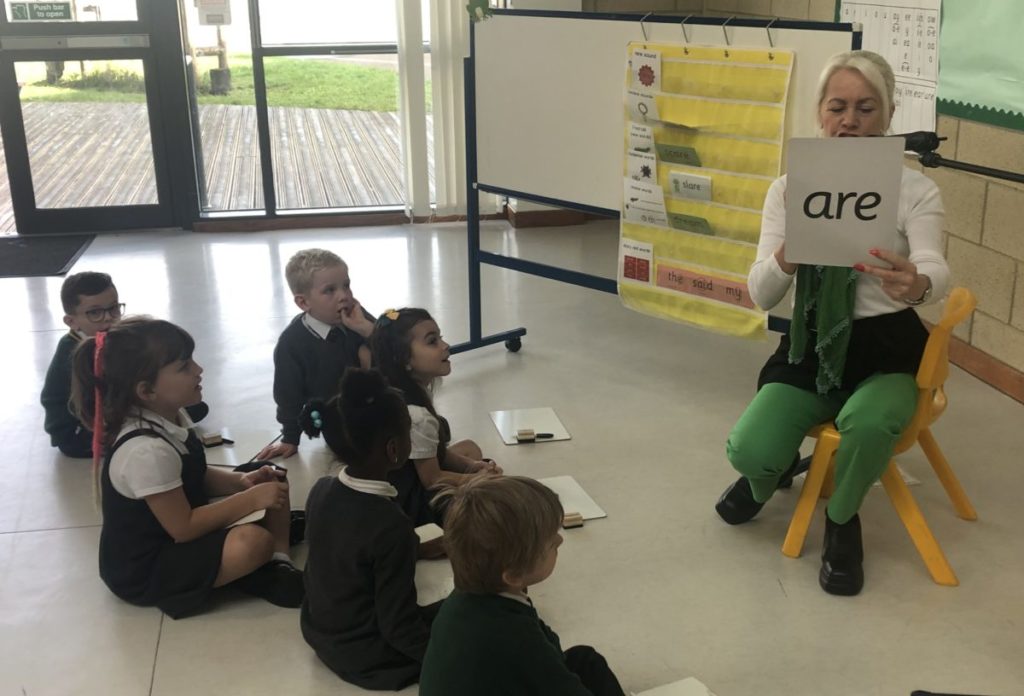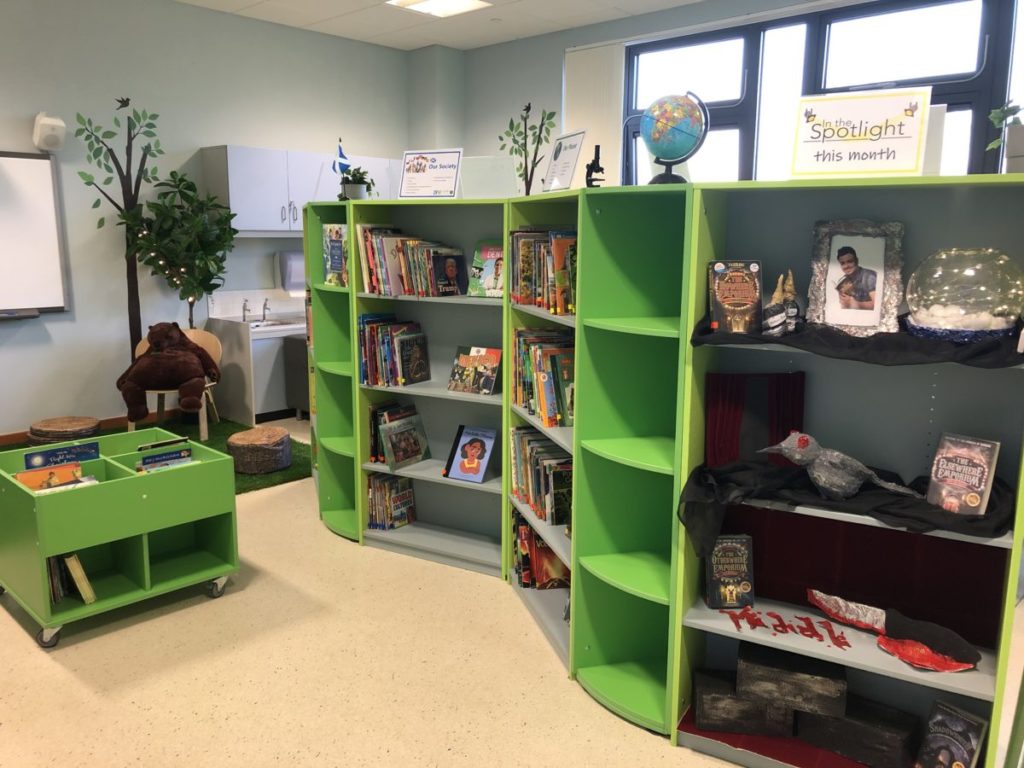 LITERACY AND ENGLISH are of personal, social and economic importance. Our ability to use language lies at the centre of the development and expression of our emotions, our thinking, our learning and our sense of personal identity. Children and young people encounter, enjoy and learn from the diversity of language used in their homes, their communities, by the media and by their peers.
LITERACY AND ENGLISH are of personal, social and economic importance. Our ability to use language lies at the centre of the development and expression of our emotions, our thinking, our learning and our sense of personal identity. Children and young people encounter, enjoy and learn from the diversity of language used in their homes, their communities, by the media and by their peers.
Literacy is fundamental to all areas of learning, as it unlocks access to the wider curriculum. Being literate increases opportunities for the individual in all aspects of life, lays the foundations for lifelong learning and work, and contributes strongly to the development of all four capacities of Curriculum for Excellence.
The three organisers within the Literacy and English curriculum are:
- Listening and Talking
- Reading
- Writing
Cathedral pupils experience a learning environment which is rich in language and which sets high expectations for literacy and the use of language. The children spend time with stories, literature and other texts which enrich their learning, develop their language skills and enable them to experience enjoyment.
Throughout their time in Cathedral Primary, pupils experience a wide range of approaches to support them in developing their literacy skills including:
- the use of relevant, real-life and enjoyable contexts which build upon children and young people’s own experiences
- effective direct and interactive teaching
- a balance of spontaneous play and planned activities
- harnessing the motivational benefits of following children and young people’s interests through responsive planning
- collaborative working and independent thinking and learning
- making meaningful links for learners across different curriculum areas
- frequent opportunities to communicate in a wide range of contexts, for relevant purposes and for real audiences within and beyond places of learning
- the development of problem-solving skills and approaches the appropriate and effective use of ICT.
Core language work in Cathedral Primary is based on Read Right Inc. phonics, Rising Stars Spelling, Reflective Reading and Talk for Writing.
Spoken language has particular importance in the early years. Teachers balance play-based learning with more systematic development and learning of skills and techniques for reading, including the teaching of phonics.
Collins Big Cat reading books are used across the school and older pupils also regularly use novels as their core group reader. Outside of their class reading books, the children have daily exposure to a wide variety of other texts including books linked to their current class topic, newspaper articles and the Internet. Pupils also have a timetabled slot in our fantastic school library.
Cathedral has a comprehensive grammar and punctuation pathway, with core knowledge and skills initially introduced through texts before being formally taught and then applied.
Cathedral Primary has a carefully devised framework for the teaching of writing which provides pupils and staff with a set of progressive and increasingly challenging success criteria. These support pupils in building-up their skills over time and in being able to produce increasingly more complex pieces of writing as they move through the school.
Pupils at all stages follow a progressive spelling programme which is matched to the ability of each child. This ensures that the words and spelling rules being learned each week provide appropriate challenge but also allow all children to experience success. The children use a wide range of fun activities to practise their weekly spelling words.
Even in this age of computer technology, we continue to place a strong emphasis on handwriting and presentation in Cathedral Primary. Handwriting is taught daily from Primary 1 – 4 and two to three times a week in Primary 5. Input in Primary 1 and 2 focuses on the correct and precise formation of letters, with joined handwriting being introduced progressively during Primary 3, 4 and 5. Primary 6 and 7 pupils spend time perfecting a mature, fluent script and are given the opportunity to use a variety of pens.

